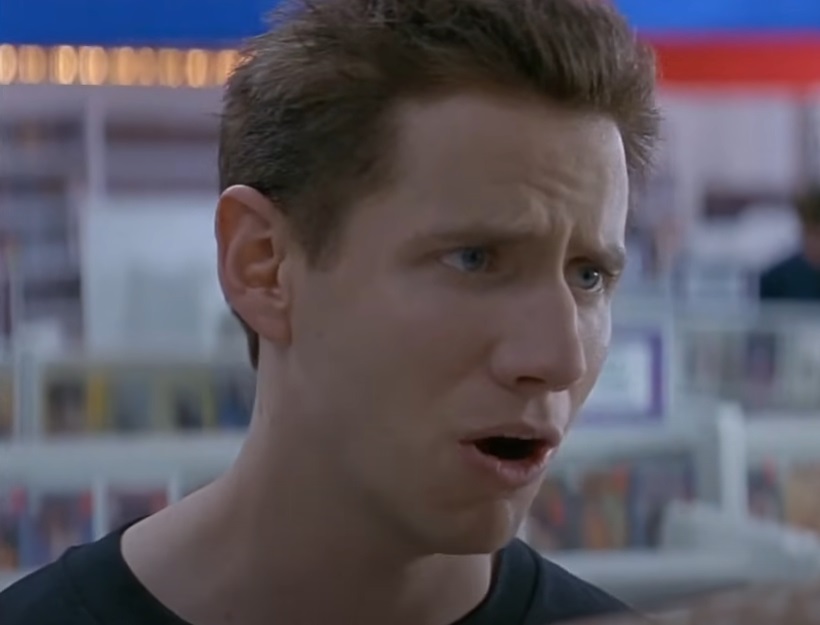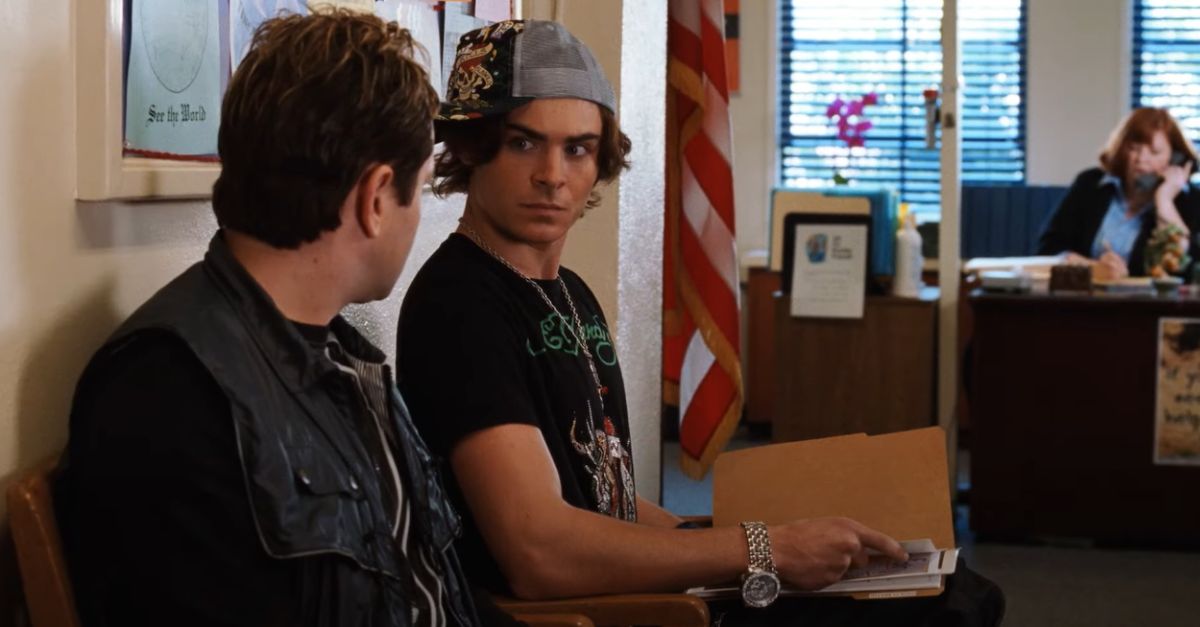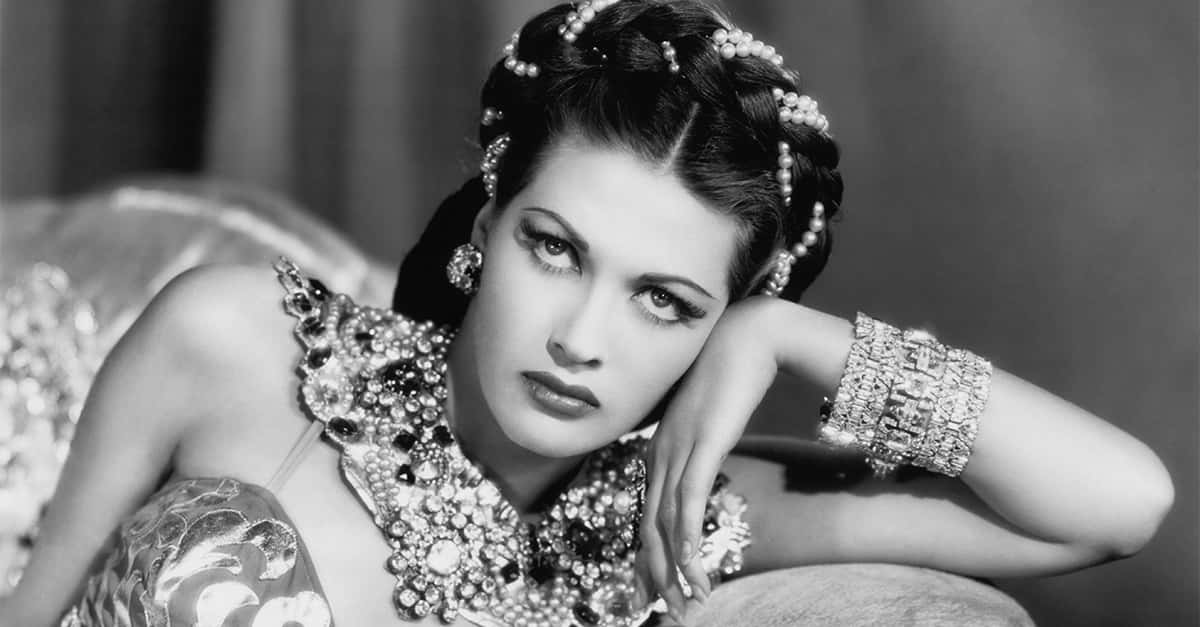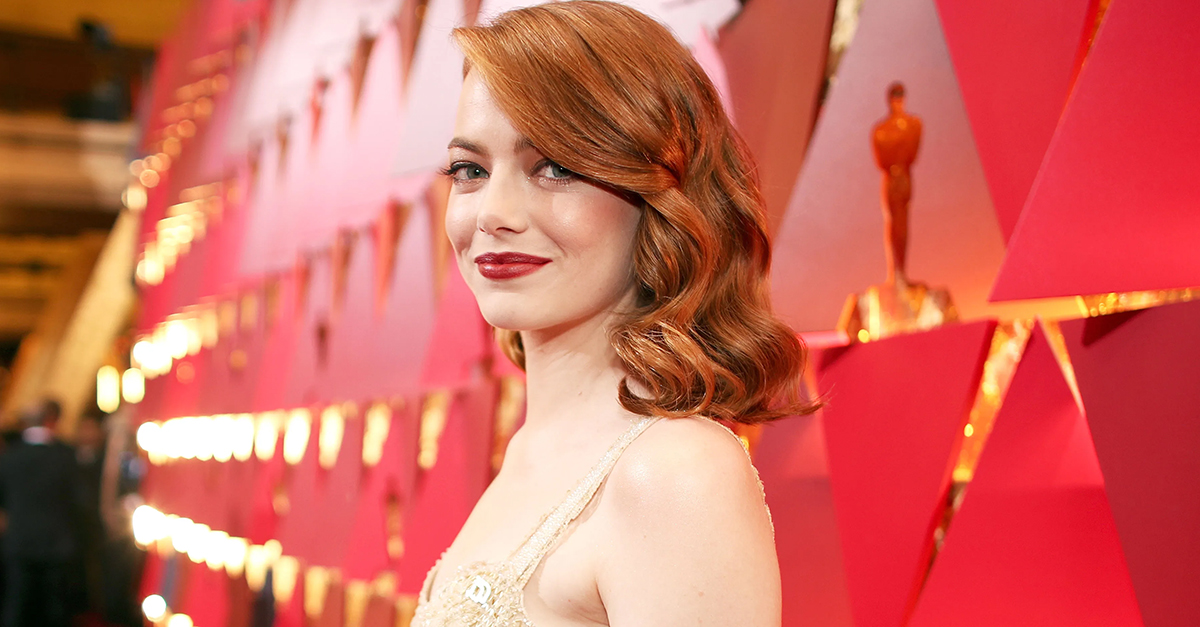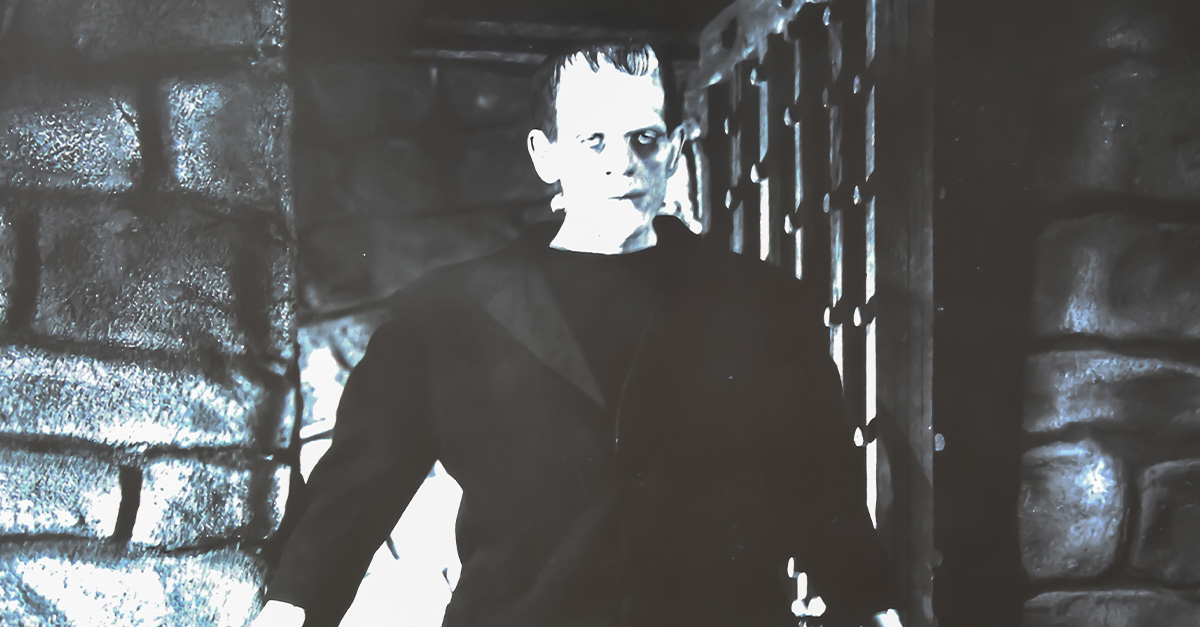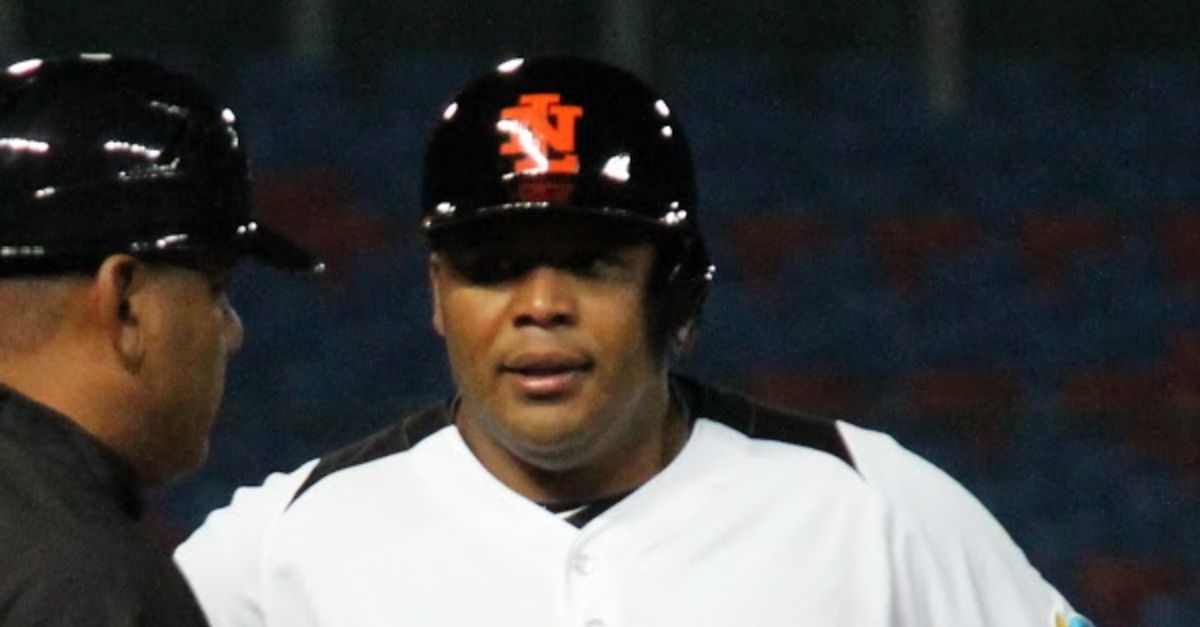Movies That Shaped Culture
Rom-com, action, horror, and drama—90s movies still shape pop culture today. But what made it truly unforgettable? These movies.

Forrest Gump (1994)
As a man with low intelligence, Tom Hanks AKA Forrest Gump accidentally becomes a part of numerous pivotal moments in American history—winning medals in Vietnam, inspiring a shrimping business, and unknowingly influencing pop culture in an Academy Award performance with the quote, "Life is like a box of chocolates".
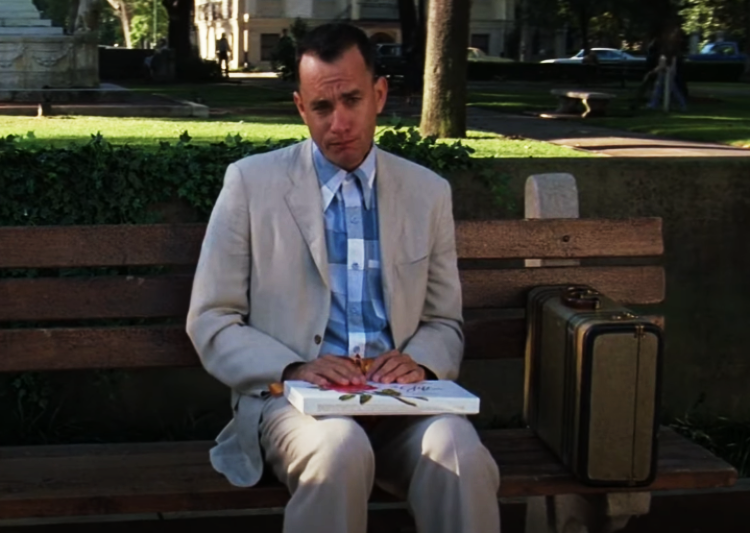 Paramount, Forrest Gump (1994)
Paramount, Forrest Gump (1994)
Home Alone (1990 & 1992)
The franchise follows young Kevin, who is accidentally left behind by his family during their Christmas vacation. It's a holiday classic, revered for its slapstick humor and its clever traps, and the image of Macaulay Culkin's shocked face became one of the most recognizable memes in film history.
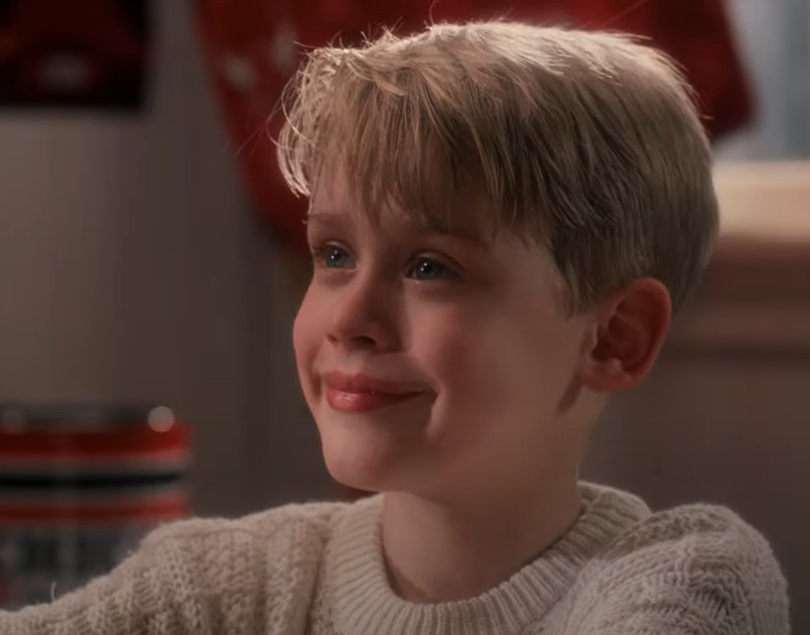 Twentieth Century, Home Alone (1990)
Twentieth Century, Home Alone (1990)
Pulp Fiction (1994)
Tarantino's signature style, mixing sharp, witty dialogue with brutal action, changed films in the 1990s. Pulp Fiction's nonlinear narrative structure became a template for future filmmakers, and its fusion of humor with violence sparked a trend that dazzled audiences with its interconnected storylines that demanded attention and rewatching.
 Pulp Fiction | Official Trailer (HD) - John Travolta, Uma Thurman, Samuel L. Jackson by MIRAMAX
Pulp Fiction | Official Trailer (HD) - John Travolta, Uma Thurman, Samuel L. Jackson by MIRAMAX
Fight Club (1999)
Ask someone the first rule of Fight Club and they'd know it. That one thing helped make the movie a cult phenomenon. We follow David Fincher’s disillusioned narrator, played by Edward Norton, who struggles with insomnia and forms a secret fight club with the charismatic Tyler Durden, portrayed by Brad Pitt.
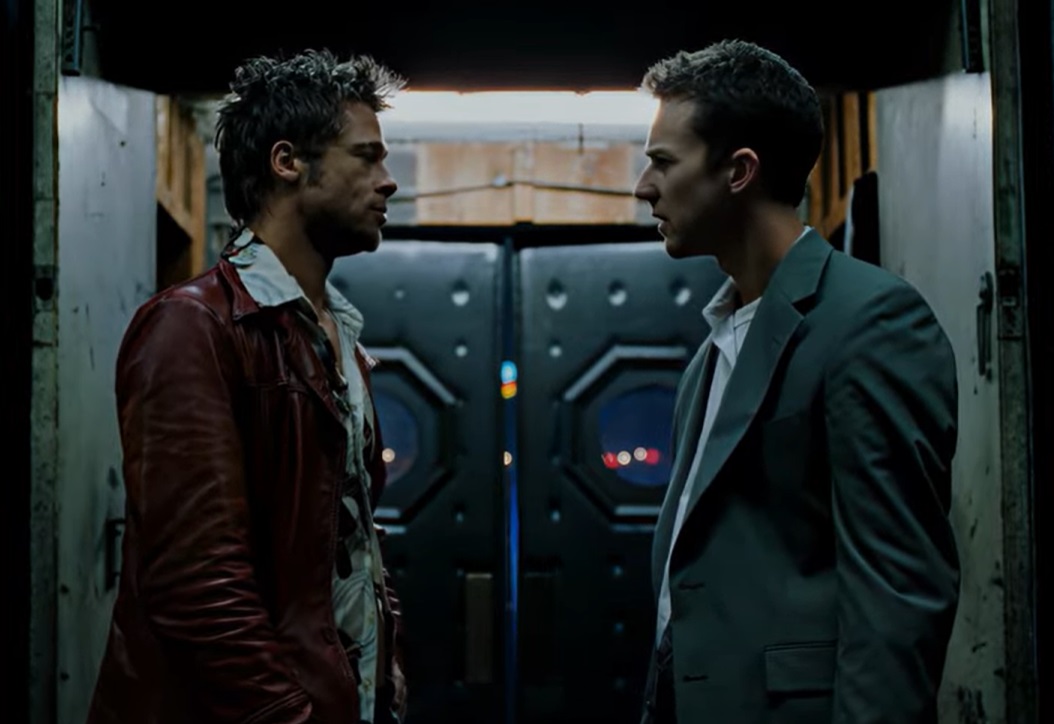 Twentieth Century, Fight Club (1999)
Twentieth Century, Fight Club (1999)
Toy Story (1995)
Toy Story is the first full-length film created entirely through computer animation. It takes us into the secret life of toys when their owner, Andy, is not around. The film marked the beginning of a successful franchise that would lead to sequels, video games, toys, and more. It was a pioneer in animation.
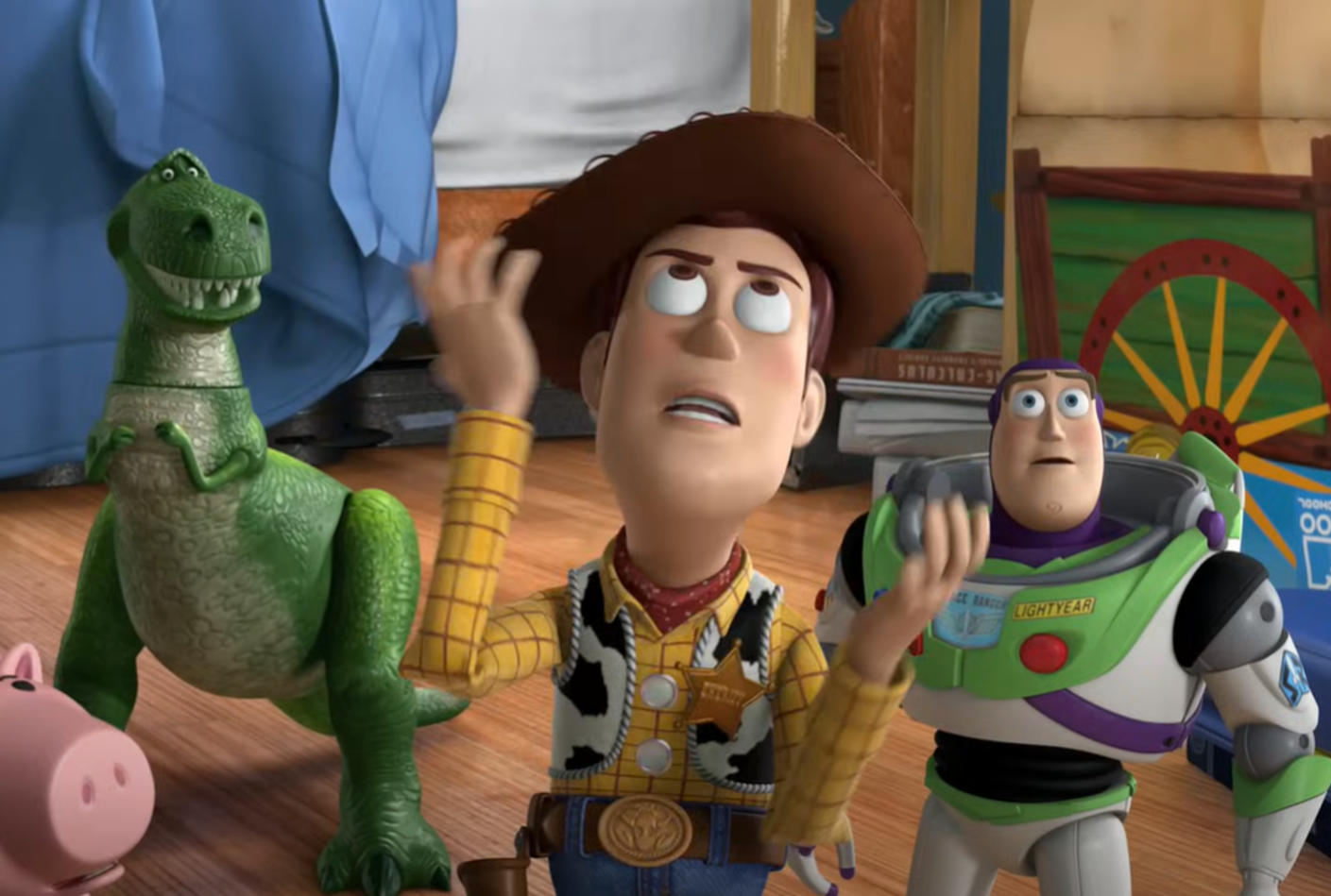 Walt Disney, Toy Story 3 (2010)
Walt Disney, Toy Story 3 (2010)
Goodfellas (1990)
Ray Liotta, Robert De Niro, and especially Joe Pesci delivered unforgettable performances in Martin Scorsese's Goodfellas. The movie explores the world of organized crime with a young man who becomes involved with the notorious Lucchese family. The film's famous scenes—such as the "Funny how?"—have become iconic.
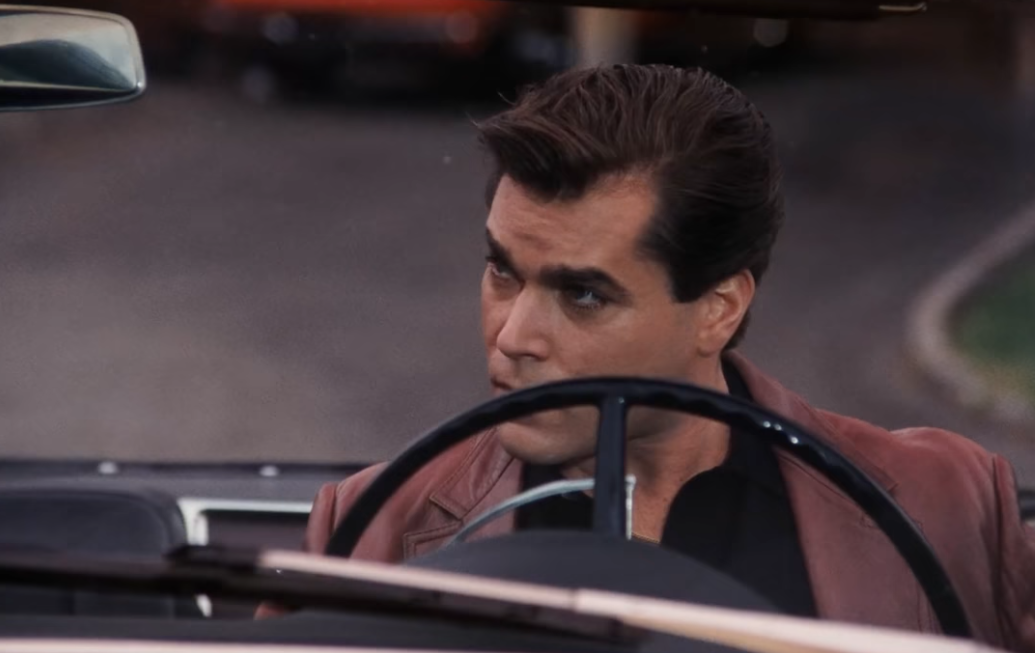 Warner Bros., Goodfellas (1990)
Warner Bros., Goodfellas (1990)
The Silence Of The Lambs (1991)
A chilling psychological horror, The Silence of the Lambs follows FBI trainee Clarice Starling and her complex relationship with a cannibalistic serial killer played by Anthony Hopkins. The movie became an instant classic, not only for its thrilling, suspenseful plot but also for the chilling dynamic between Clarice and Hannibal.
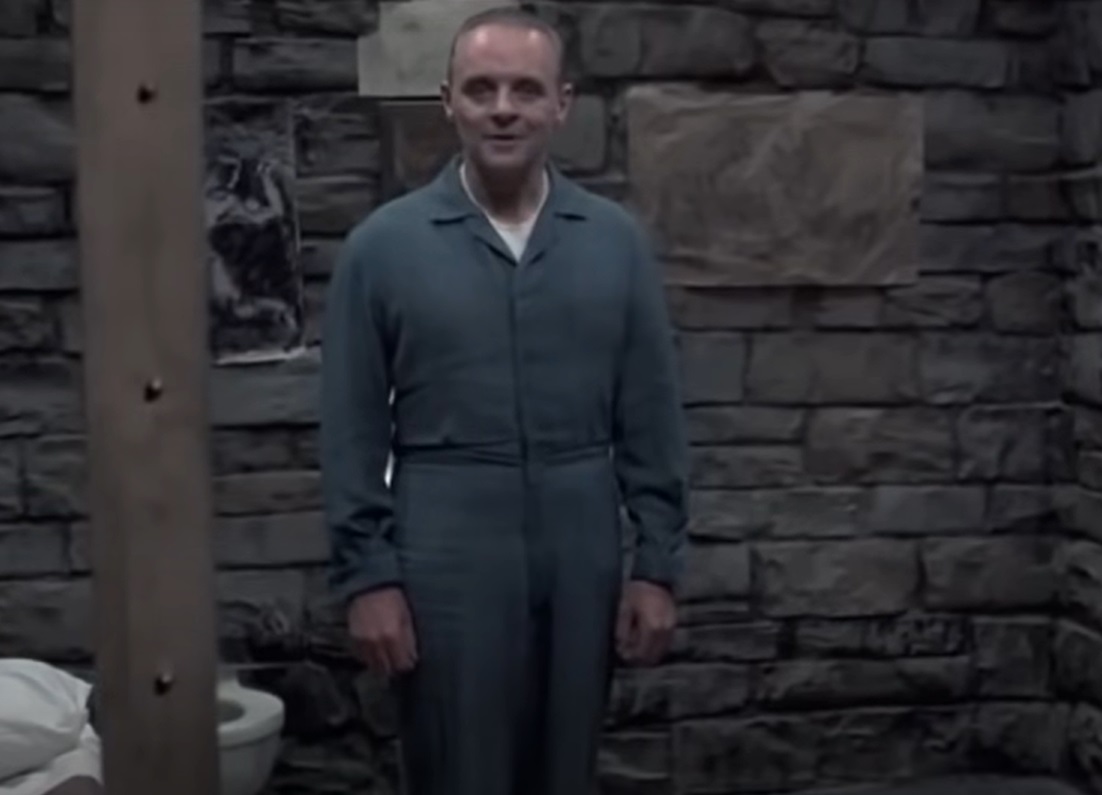 Orion, The Silence of the Lambs (1991)
Orion, The Silence of the Lambs (1991)
Jurassic Park (1993)
Thanks to the success of this movie, Jurassic Park would soon become a cultural phenomenon with video games, toys, clothes, and theme parks based on its story. Steven Spielberg's movie encouraged many young people to become paleontologists, even though some of the film's raptors were actually men in suits.
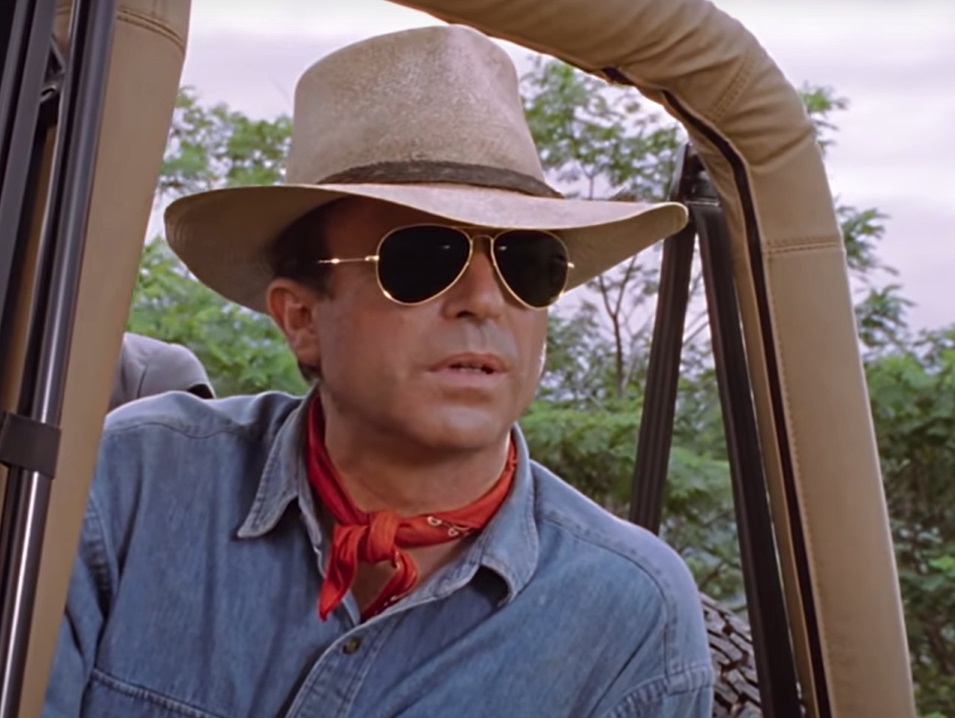 Universal, Jurassic Park (1993)
Universal, Jurassic Park (1993)
Titanic (1997)
Many real characters were featured in Titanic, which earned 11 Academy Awards. It was the first film to gross over $1 billion with Leonardo DiCaprio's improvised "I'm the King of the World!" My Heart Will Go On became one of the most successful songs of all time.
Braveheart (1995)
Despite some historical inaccuracies, Braveheart continues to be celebrated for its emotional depth and inspiring story. It tells the epic story of William Wallace, a 13th-century Scottish warrior. The film's spectacular battle scenes, coupled with its emotional narrative and Mel Gibson's powerful performance, made it a cinematic triumph.
 Twentieth Century, Braveheart (1995)
Twentieth Century, Braveheart (1995)
Saving Private Ryan (1998)
Steven Spielberg's Saving Private Ryan follows Captain Miller and his soldiers. The film redefined the war genre, particularly with its realistic depiction of the chaos of the Normandy landings. The finale, where Matt Damon's character ages on the screen, is one to be remembered.
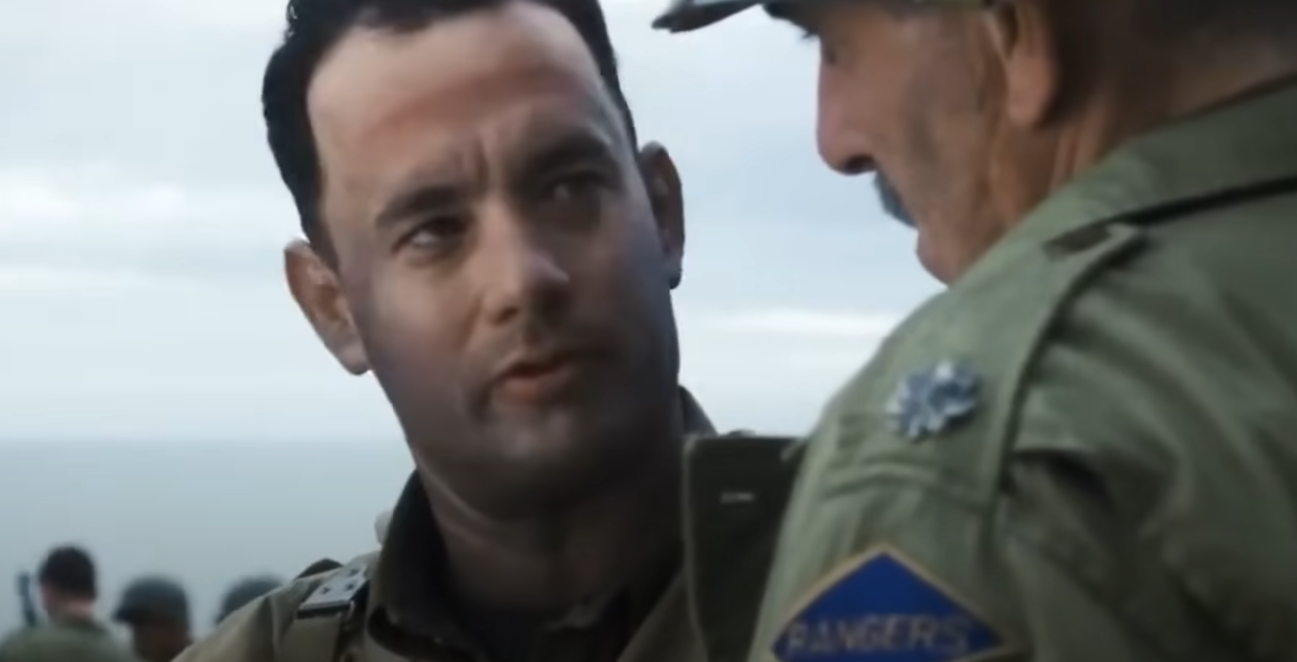 Paramount, Saving Private Ryan (1998)
Paramount, Saving Private Ryan (1998)
12 Monkeys (1995)
Terry Gilliam had to take away Brad Pitt's cigarettes to push him to talk in the rapid, nervous way that he featured in his one-of-a-kind performance. The movie is a mind-bending sci-fi thriller set in a dystopian future and is a whirlwind of time travel paradoxes and psychological twists.
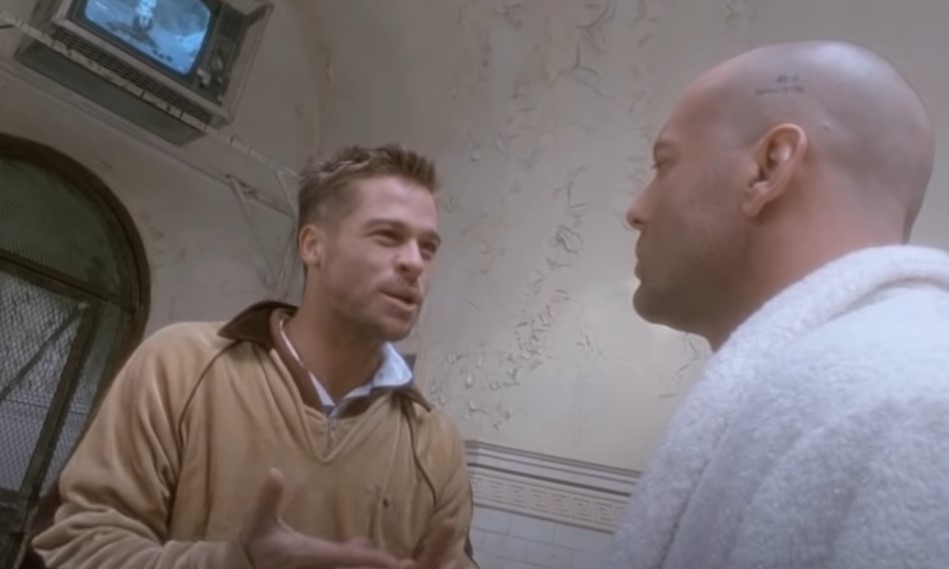 Universal Pictures, 12 Monkeys (1995)
Universal Pictures, 12 Monkeys (1995)
The Lion King (1994)
The Lion King is a cherished classic and one of Disney's best, especially with its memorable songs. This movie features an ensemble cast of the 90s biggest stars, and its success helped solidify Disney's reign during the "Disney Renaissance" period of the 1990s.
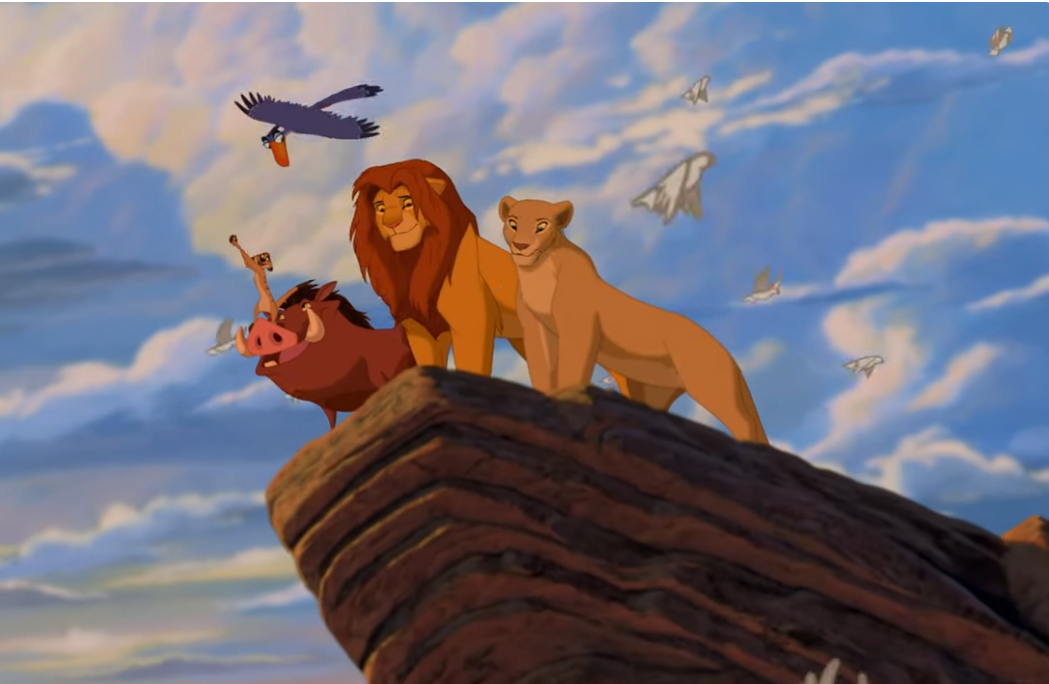 Walt Disney, The Lion King (1994)
Walt Disney, The Lion King (1994)
The Matrix (1999)
The Matrix explores the nature of reality and human consciousness, featuring Neo, who discovers that the world is a simulated reality controlled by sentient machines. The bullet-dodging sequence and the "red pill, blue pill" scene have been referenced in several films, TV shows, and memes.
 Warner Bros., The Matrix Reloaded (2003)
Warner Bros., The Matrix Reloaded (2003)
Good Will Hunting (1997)
Not only did this movie deliver a heartfelt performance by Robin Williams, but it also brought the talent of Matt Damon and Ben Affleck to the spotlight. Today, Good Will Hunting is regarded as one of the most touching films about overcoming inner turmoil and realizing one's potential.
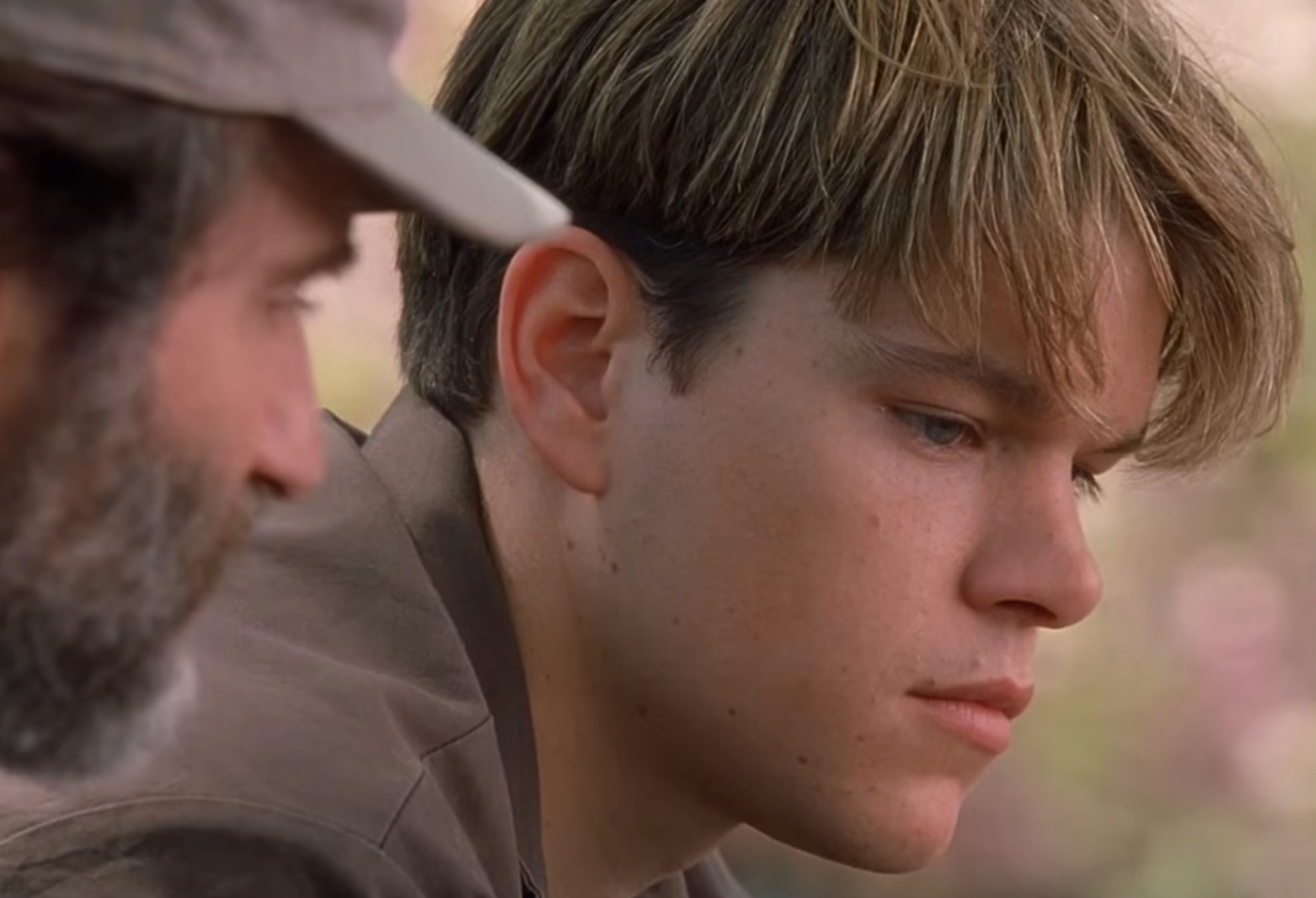 Miramax, Good Will Hunting (1997)
Miramax, Good Will Hunting (1997)
10 Things I Hate About You (1999)
In a modern adaptation of The Taming of the Shrew, the movie is a rom-com about the rivalry between two sisters, Kat and Bianca. Patrick Verona is a bad boy who is paid to date Kat in a performance that earned Heath Ledger a lasting place among fans.
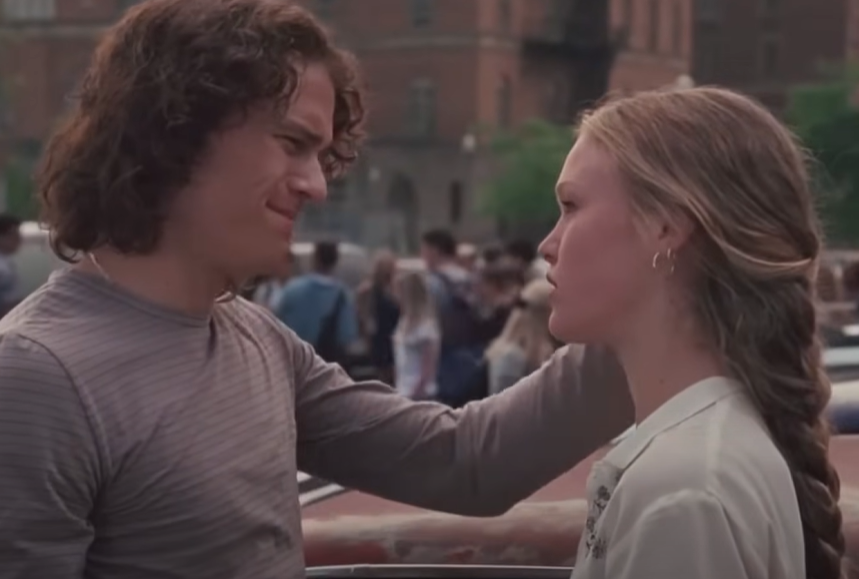 Touchstone, 10 Things I Hate About You (1999)
Touchstone, 10 Things I Hate About You (1999)
The English Patient (1996)
Set against the backdrop of World War II, The English Patient tells the haunting yet fictional story of Count László de Almásy, a burned and amnesiac patient cared for by a nurse in an Italian villa. The movie won 9 Academy Awards, including the first for a digitally edited film.
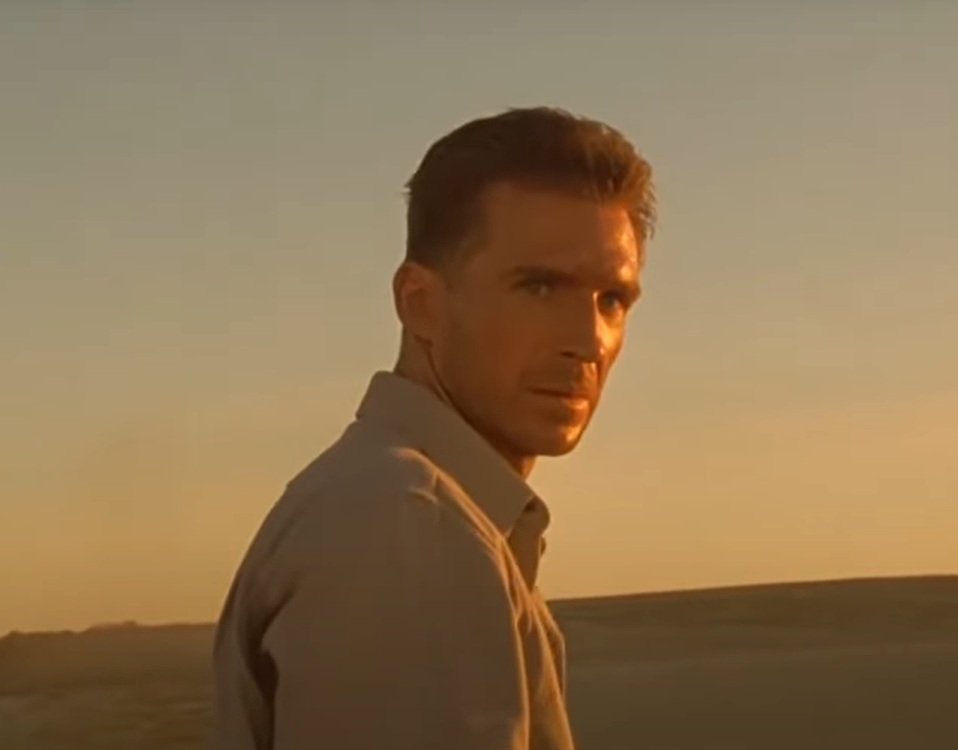 Miramax, The English Patient (1996)
Miramax, The English Patient (1996)
American Beauty (1999)
Probably one of the best depictions of the midlife crisis. American Beauty is about a disillusioned suburban father who, after a series of personal revelations, begins to embrace his desires and challenge the societal norms around him. Around him, his wife and daughter face their own battles, which makes it even more realistic.
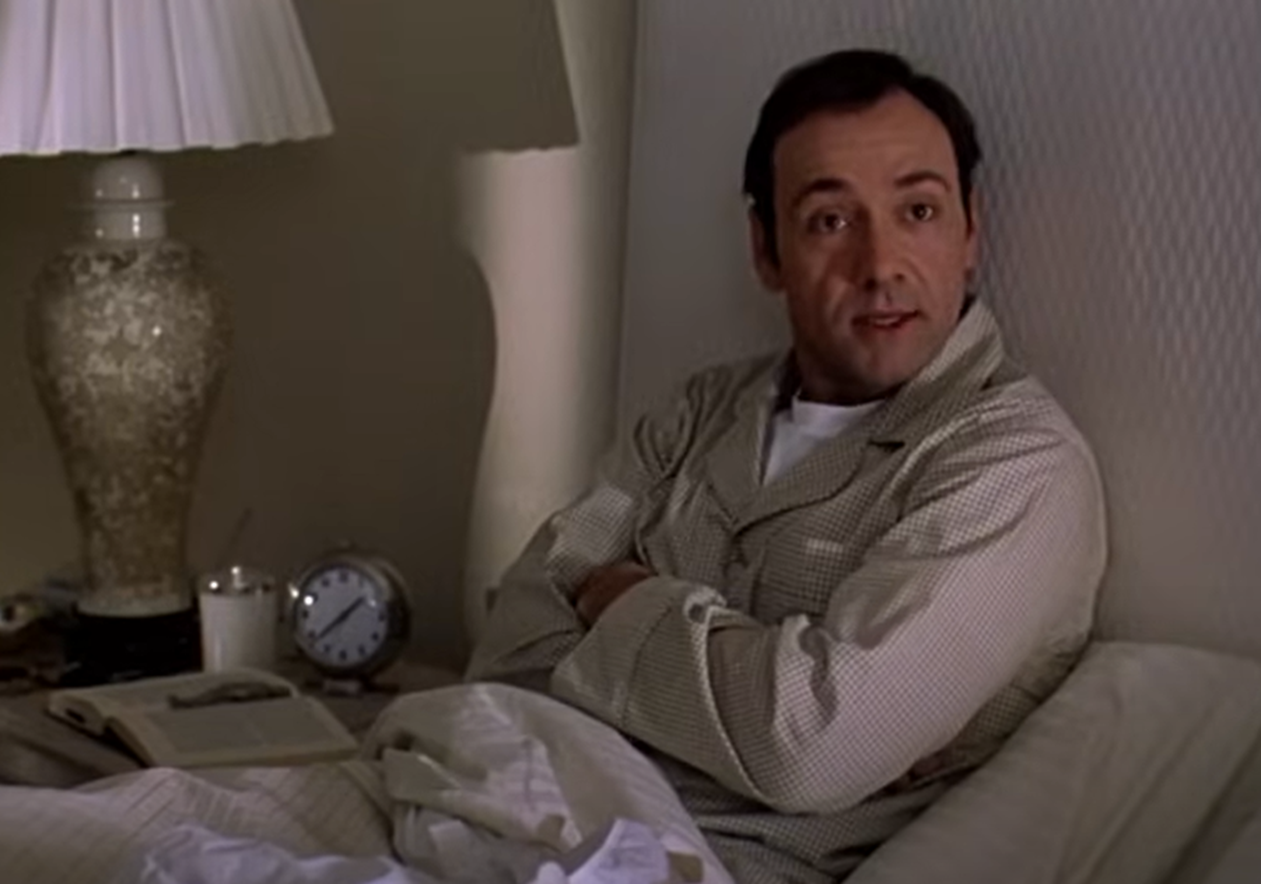 DreamWorks, American Beauty (1999)
DreamWorks, American Beauty (1999)
Mrs. Doubtfire (1993)
Mrs. Doubtfire became one of Robin Williams' most beloved performances as it mixes his comedic genius with heartfelt emotion. The moment when Daniel's disguise falls apart has become part of pop culture. Williams' portrayal of a father's unconditional love makes this a go-to film for laughter and sentimental reflection.
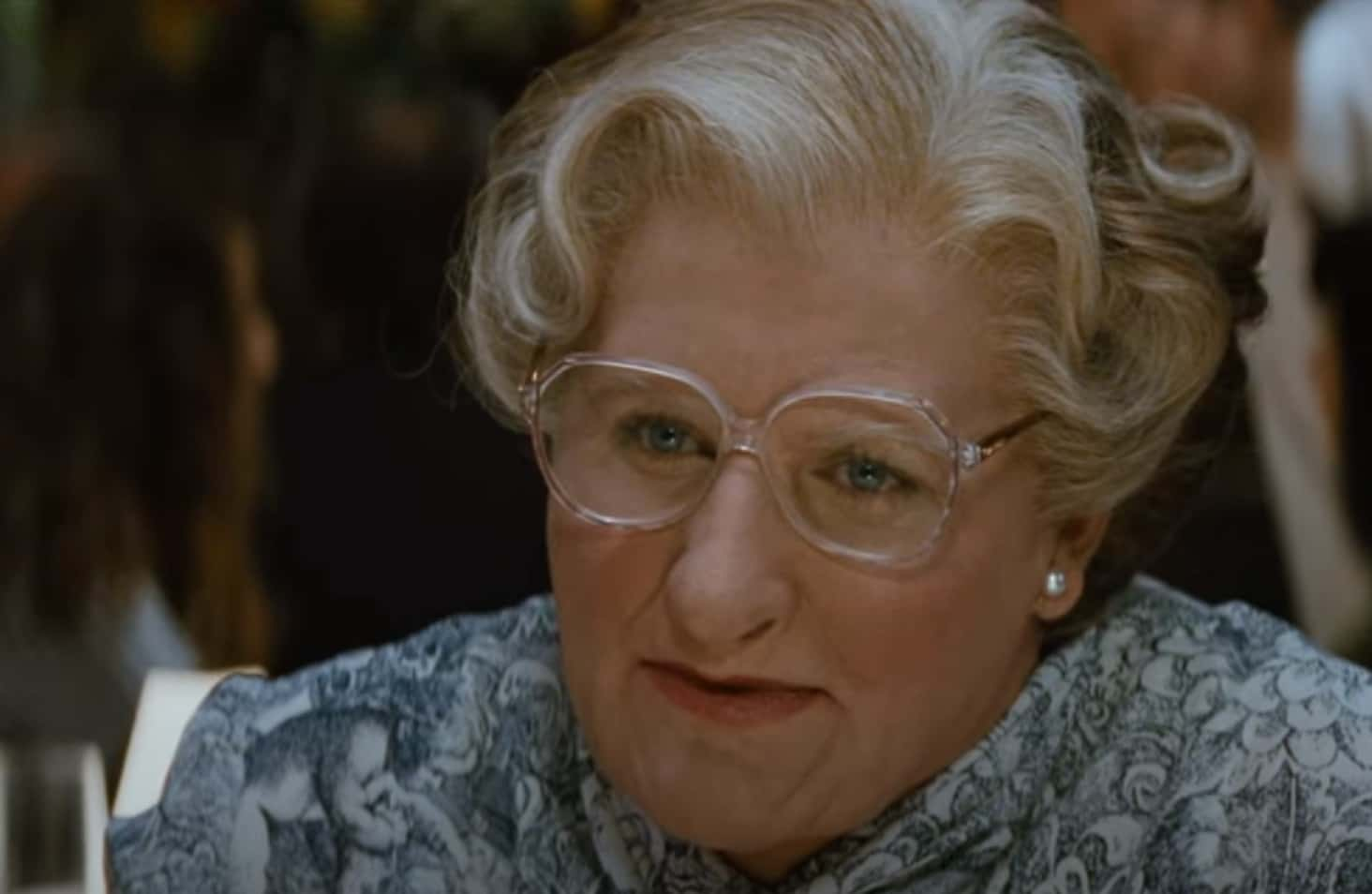 20th Century Fox, Mrs. Doubtfire (1993)
20th Century Fox, Mrs. Doubtfire (1993)
Ronin (1998)
Ronin features one of the most popular action sequences, where mercenaries are hired to steal a briefcase. The realistic car chases in narrow European streets were groundbreaking for the genre. Also, the performances of Robert De Niro and Jean Reno made the film feel grounded in reality.
Scent Of A Woman (1992)
The tango dance scene is a signature of Scent of a Woman, where Al Pacino delivers an Oscar-winning performance as a blind, retired Army officer who hires a student to assist him. Scent of a Woman became iconic due to Pacino's powerhouse performance, especially his famous "Hoo-ah!" catchphrase.
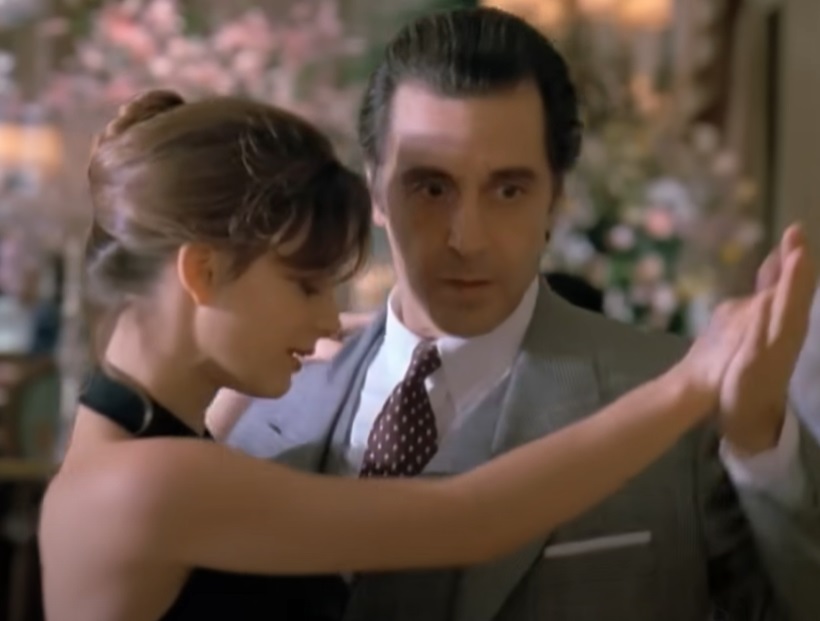 Universal, Scent of a Woman (1992)
Universal, Scent of a Woman (1992)
Outbreak (1995)
Years after its release, this movie attracted attention with the spread of Covid. In Outbreak, a virus, which has a high fatality rate, is spread in a small town. More than two decades after its release, many people saw how it resembled real-life events.
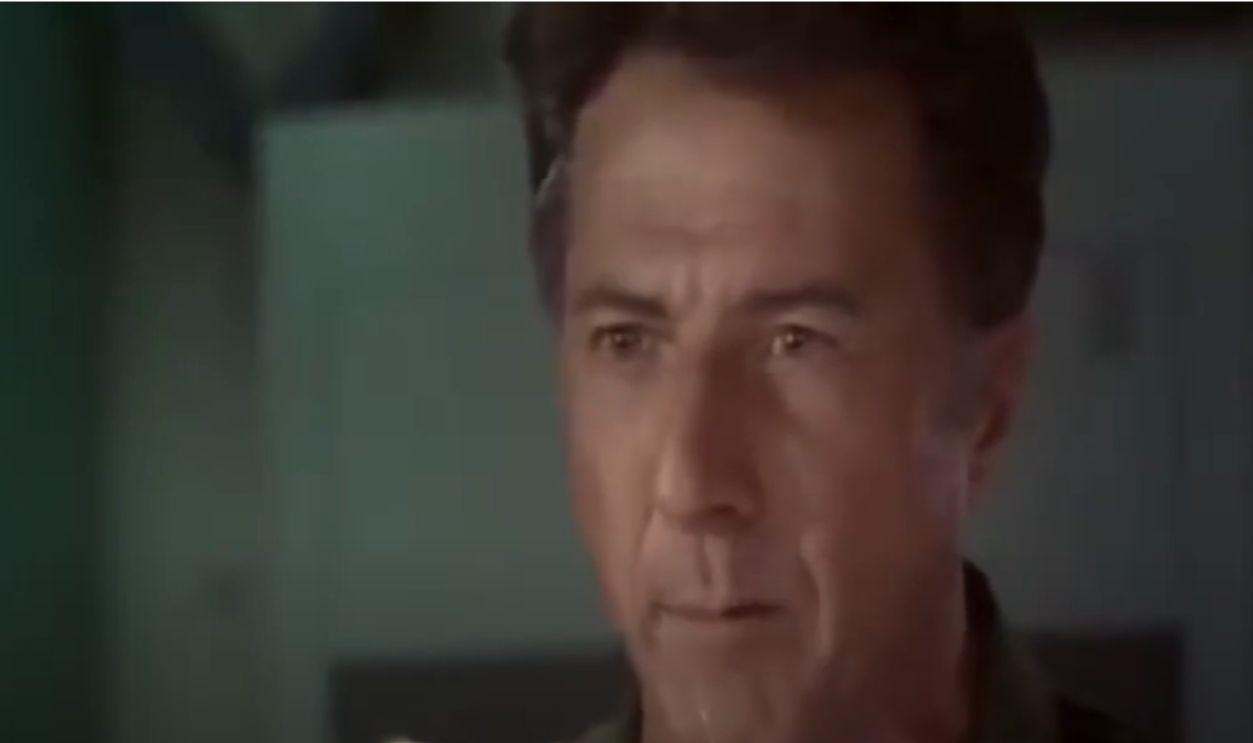 Outbreak (1995) Trailer | Dustin Hoffman | Rene Russo by Film Trailer Channel
Outbreak (1995) Trailer | Dustin Hoffman | Rene Russo by Film Trailer Channel
Bram Stoker's Dracula (1992)
Francis Ford Coppola's vision for the film was groundbreaking, with practical effects and bold costume designs that made it stand out. The seductive portrayal of Dracula as a tragic and tormented character changed how the vampire mythos was viewed in popular culture to influence later vampire films and TV shows.
 Columbia, Bram Stoker's Dracula (1992)
Columbia, Bram Stoker's Dracula (1992)
Groundhog Day (1993)
The movie's idea would be portrayed in several productions, but Harold Ramis and Bill Murray's Groundhog Day was the most famous one to portray a character stuck in a time loop. The term has entered the cultural lexicon, and the film itself is considered one of the greatest comedies.
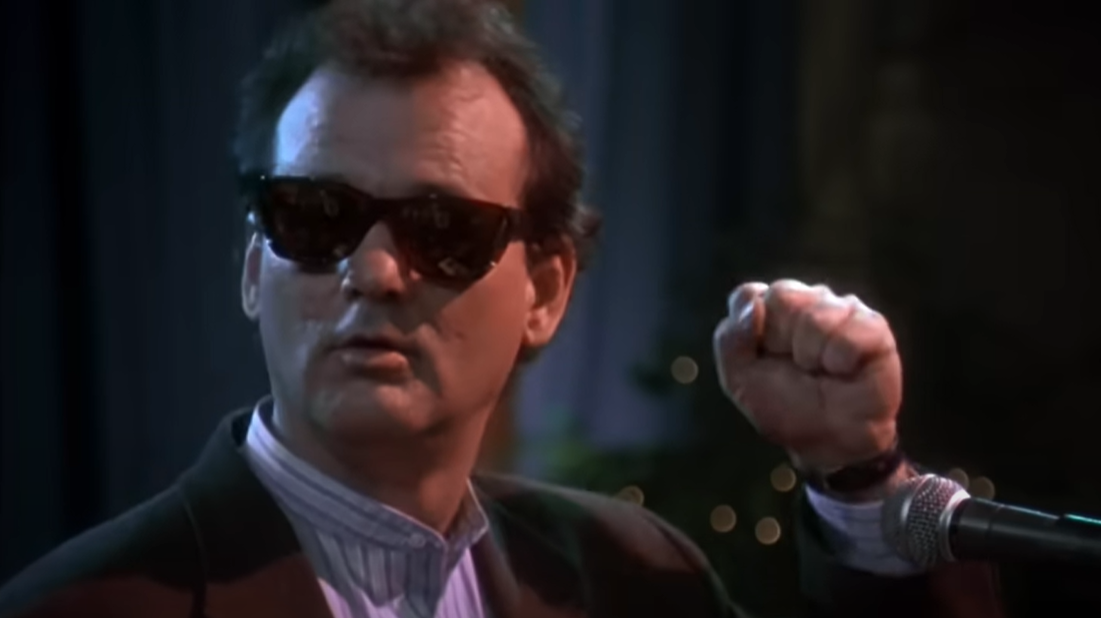 Columbia, Groundhog Day (1993)
Columbia, Groundhog Day (1993)
Scream (1996)
As it redefined the slasher genre with a self-aware take on old conventions, the characters realize they're living through a real-life movie. Ghostface quickly became a legendary horror villain of the '90s, and the film's combination of scares and mystery made it a massive hit.




